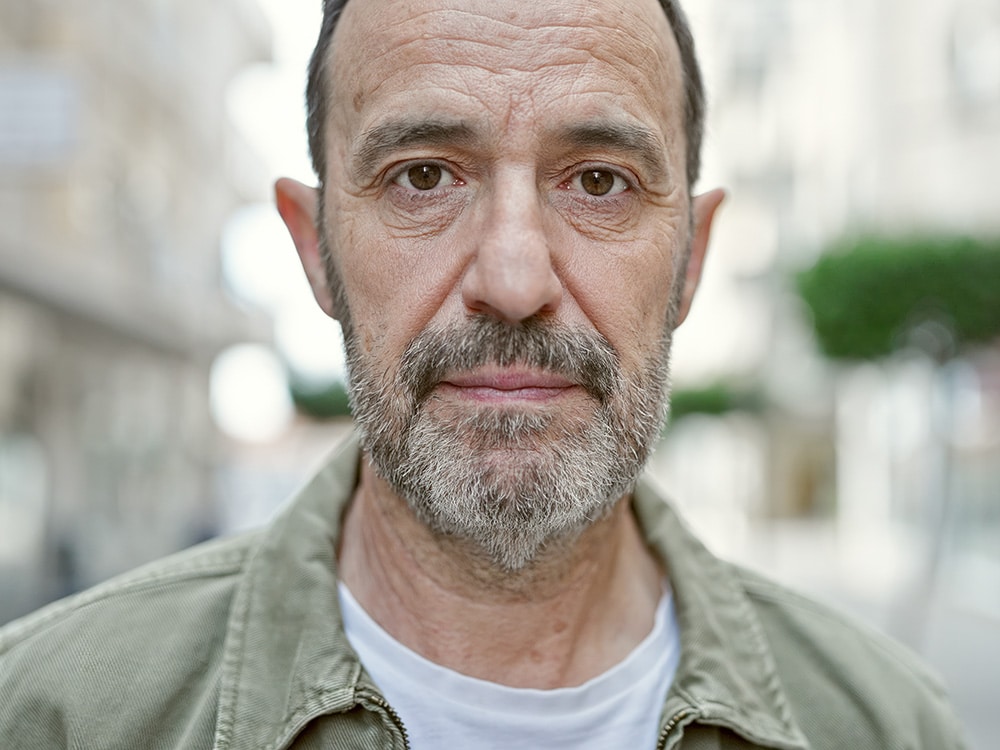Deciding to reach out to an opioid addiction treatment center can feel challenging. You might question whether your situation is severe enough or whether treatment will make a difference. These concerns are typical; many people feel the same way before taking that first step.
It would help to understand that you are not alone in this. Many others have faced similar doubts, and support is available. Our treatment centers provide care and guidance in a welcoming, judgment-free environment.
What Does an Opioid Addiction Treatment Center Do?
Recovering from opioid addiction is challenging, and finding the right help can be confusing. An opioid addiction treatment center provides medical care, counseling and support to help people safely stop using substances like heroin and fentanyl.
At places like Crossroads, doctors use safe medicines to help with cravings. This makes it easier to recover. Talking to a counselor is also important because it can help with feelings and problems from the past.
Beyond treatment, a good center offers structure, guidance and a supportive environment where patients can make steady progress. Crossroads has helped over 300,000 people, and our CARF accreditation reflects our commitment to high-quality care.
Signs You Might Need a Treatment Center
Recognizing when to ask for help takes awareness. You might find yourself making choices based on avoiding withdrawal symptoms. It can feel exhausting when addiction pulls at your daily life. If you notice this struggle, seeking support can bring some relief.
Addiction often leaves people feeling alone. You may notice strain in your relationships with family or friends. Losing connections can feel heavy. Seeking help is not a sign of weakness but a brave step toward reclaiming those bonds.
Quitting on your own can be difficult, and setbacks are common. You may feel frustrated, wondering why willpower alone is not enough. However, opioid addiction affects the brain in ways that make cravings hard to manage. Seeking professional care at an opioid addiction treatment center provides the support and medical guidance needed to move forward.

Why Outpatient Treatment Might Be the Right Fit
Outpatient treatment allows you to receive care while keeping up with work, school and family responsibilities. You can visit the opioid addiction treatment center for outpatient medical appointments. This flexibility helps many people continue their daily routines while getting the support they need.
Crossroads Treatment Centers offers outpatient care at over 100 locations in nine states. Our clinics have convenient hours to accommodate busy schedules. For added convenience, you can also choose a virtual visit through Instant Intake®. This allows you to start treatment the same day without long wait times.
Many patients find this flexibility very helpful. Finding time for your health while managing everything else can feel overwhelming. Remember, you are not alone in this struggle. Many understand how difficult it is to seek help while managing life’s other demands.
How Crossroads Stands Out from Other Centers
Treatment centers vary in the care they provide. Crossroads’ commitment to quality is reflected in our CARF accreditation, which recognizes high standards for safety and effectiveness.
Same-day appointments through Instant Intake® mean you can see a provider within 10 minutes online. Long waits can worsen addiction, so we eliminate barriers to starting treatment.
To keep treatment accessible, we accept Medicaid, Medicare, TRICARE and most commercial insurance plans. For those without coverage, self-pay options and grants are available.
Addressing Common Fears About Treatment
Many people worry that treatment won’t work for them. In reality, medication can make recovery more manageable and improve the chances of long-term success.
Finances are another concern. Paying for treatment may feel overwhelming. However, we offer flexible payment options, including grants and reduced fees, to make care more accessible.
Stigma can also prevent people from reaching out for help. At our clinics, we focus on creating a respectful and supportive environment where you are treated with dignity.
How to Support a Loved One in Treatment
If someone you care about has a problem with drugs, you can help by learning about a type of help called medication-based recovery support.
Look for information from credible sources like the National Institute on Drug Abuse. It might feel tough to have these conversations. Try saying, “I found a center that could help. Can we talk about it when you are ready?”
Taking the First Step
If you are ready to explore treatment, contact us. We answer questions, verify insurance or schedule same-day appointments. Asking for help takes courage, but you do not have to do it alone. Crossroads has spent 20 years refining our approach to opioid addiction. With CARF-accredited programs, flexible outpatient care and a team that genuinely listens, we are here to help you or your loved one reclaim stability.
Recovery is not about perfection. It is about progress, and every step forward counts.
